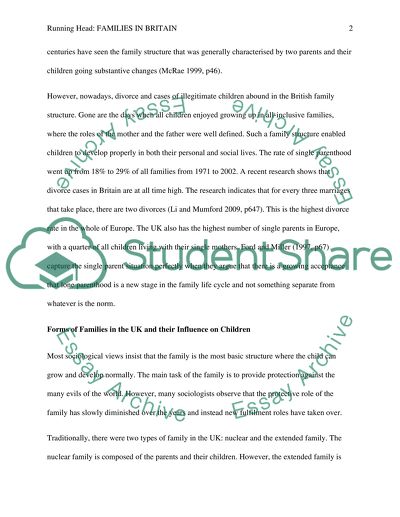Cite this document
(“To What Extent can it be said that Families are still central to the Essay”, n.d.)
Retrieved from https://studentshare.org/sociology/1427161-to-what-extent-can-it-be-said-that-families-are-still-central-to-the-lives-of-children-in-britain-today
Retrieved from https://studentshare.org/sociology/1427161-to-what-extent-can-it-be-said-that-families-are-still-central-to-the-lives-of-children-in-britain-today
(To What Extent Can It Be Said That Families Are Still Central to the Essay)
https://studentshare.org/sociology/1427161-to-what-extent-can-it-be-said-that-families-are-still-central-to-the-lives-of-children-in-britain-today.
https://studentshare.org/sociology/1427161-to-what-extent-can-it-be-said-that-families-are-still-central-to-the-lives-of-children-in-britain-today.
“To What Extent Can It Be Said That Families Are Still Central to the Essay”, n.d. https://studentshare.org/sociology/1427161-to-what-extent-can-it-be-said-that-families-are-still-central-to-the-lives-of-children-in-britain-today.


